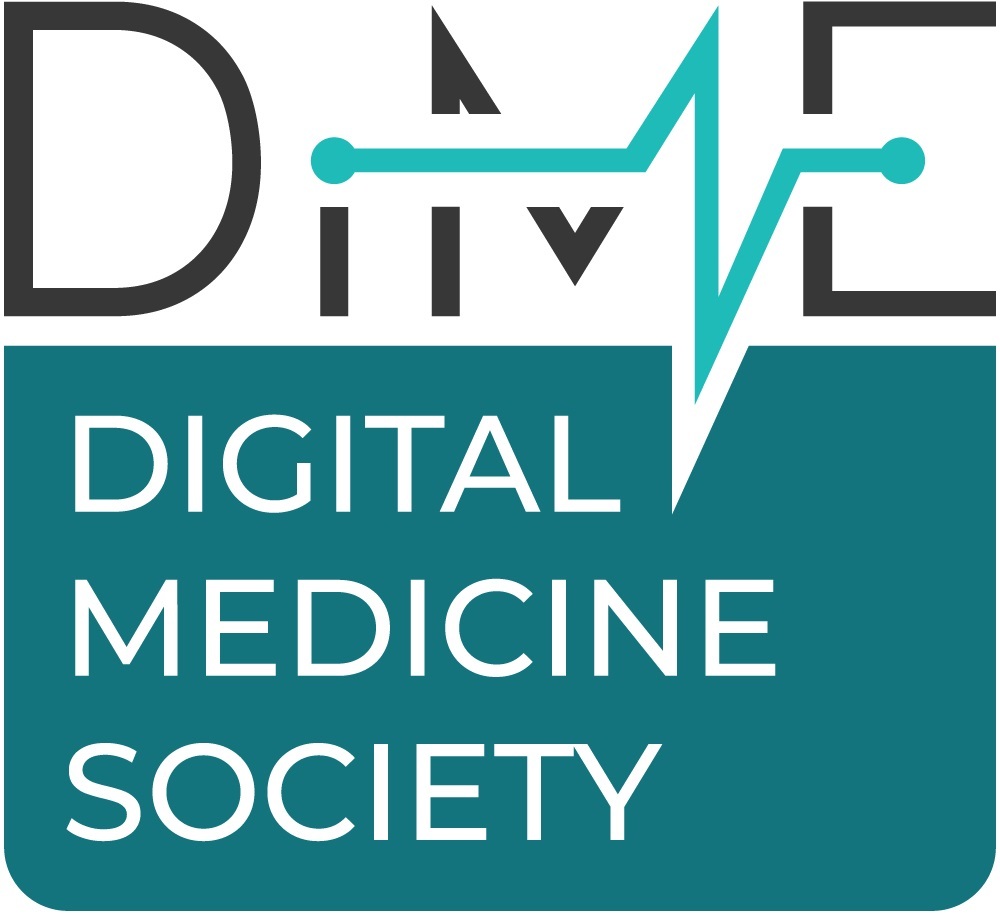New collaboration among academics, researchers, providers, and industry will pilot the use of sensor data from consumer technology to prevent relapse BOSTON , April 29, 2025 /PRNewswire/ -- The Digital Medicine Society (DiMe), a global non-profit and the professional home for digital medicine, today announced a new partnership with Alcohol and Drug Services (ADS), Duke University , Google Fitbit, Morse Clinics, North Carolina Central University , ŌURA, ProofPilot, Triangle CERSI, and the University of North Carolina at Chapel Hill ( UNC ) to use data collected from consumer wearables to reduce opioid use disorder (OUD) deaths by developing interventions to help prevent relapse. Today, 5.7 million people live with OUD in the U.
S., and approximately 81,000 people die each year due to opioid overdose. A driving factor for these high death rates is that the majority of those affected by OUD experience relapse, putting them at a higher risk of overdose and death.

The opportunity to intervene before relapse has immense life-saving potential, and yet, there is currently no mechanism in routine care to detect risk of relapse in daily life. However, consumer technology has now advanced to a point where it can collect and analyze real-time sensor data from patients through LLM/AI algorithms. This provides a new opportunity to improve OUD care and support recovery by possibly enabling early detection and prevention of future opioid use and potential overdose.
"OUD is a complex challenge, and complex challenges require innovative collaboration and solutions," said Candice Taguibo, Associate Program Director, DiMe. "Our team is working to incorporate the many issues at play for those facing OUD – mental health, social support, treatment options, finances, access to technology, social stigma, and more - and build a tool that can meaningfully change the arc of OUD relapse and save thousands of lives." The collaboration will work to define and collect physiological signals and behavior traits that can (1) predict relapse and (2) be measured by wearable technologies, including heart rate, insomnia, physical inactivity, and physiological stress.
Smartphones will also be used to capture mental health characteristics such as social isolation, patient-reported anxiety, and depression. These data points will be used to train a tool to prevent opioid relapse. Over the next five months, the team will continue this research, co-led by Duke University's BIG IDEAs Lab, and recruit patients for a pilot study to test our approach and ensure that our methods obtain optimal quality data to develop the relapse prevention tool.
"Leveraging technological advancements to help develop evidence-based protocols for individuals living with OUD, as well as their families, loved ones, and care teams, will position these interventions for success," said Shyamal Patel , Senior Vice President of Science at ŌURA. "We're proud to support this study by providing continuous health monitoring and personalized, data-driven insights. This can empower individuals to take proactive steps in their recovery, potentially reducing the burden on our overstretched public health systems and offering a crucial tool in the fight against the opioid epidemic.
" Building life-saving digital tools that are acceptable, effective, and sustainable for those facing OUD requires collaboration with multiple stakeholders. This collaboration brings together individuals affected by OUD, regulators, and care providers. To learn more about this work, please visit the project web page .
About the Digital Medicine Society: DiMe is a global non-profit and the professional home for all members of the digital medicine community. Together, we tackle the toughest digital medicine challenges, develop clinical-quality resources on a technology timeline, and deliver these actionable resources to the field via open-source channels and educational programs. Media Contact: Carla English , [email protected] SOURCE Digital Medicine Society (DiMe).
Politics

Industry and Scientific Leaders Announce Partnership to Combat the Opioid Epidemic

New collaboration among academics, researchers, providers, and industry will pilot the use of sensor data from consumer technology to prevent relapse BOSTON, April 29, 2025 /PRNewswire/ -- The Digital Medicine Society (DiMe), a global non-profit and the professional home for digital...















